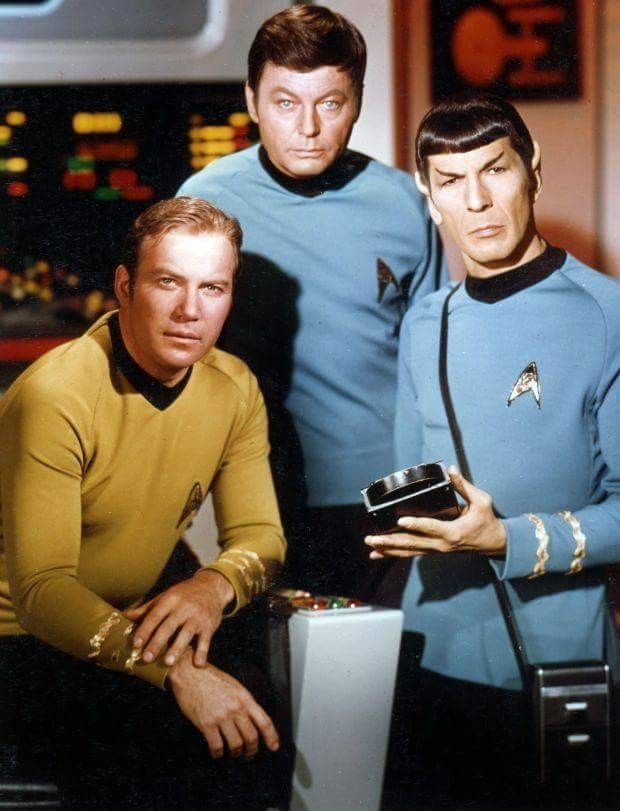This happens to be my favorite section of monologue from a play by Shakespeare (any play by Shakespeare), and there are many brilliant ones. This is from the Henry Cycle. (Henry discusses his past nature as scoundrel and the companion of scoundrels and his coming nature as king.)
Since I was a kid, a teenager actually, I have taken what I consider to be great sections of poetry, prose, plays, songs, etc. and rewritten them to see if I could improve upon them in some way (linguistically, poetically, phonetically, in meaning or emphasis, etc.). As an exercise in the improvement of my own poetic capabilities. Or towards the improvement of whatever other capabilities I happened to be attempting to exercise.
To me this is the very paragon of verse from Shakespeare’s plays, for any number of reasons, not least the undercurrents of shaded meaning, the psychologically acute self-analysis, and the prophetic pronouncements of the future. I have rewritten this section many times and in many different ways but did it again late last week as an exercise to keep myself from becoming rusty and out of practice at this type of verse and monologue.
The first section is the Work of Shakespeare. The second section is partially Shakespeare’s, the part in italics (in order to set the theme of the monologue), and the last part is my rewriting of the same. It is not only a rewriting, I’ve also altered the emphasis, slightly and subtly, but it also contains allusions to other subject matter and characters I have written about in my own poetry, such as Orpheus and the Tears of Iron.
I hope you enjoy it. I also hope you try such exercises for yourself to improve your own capabilities.
I KNOW YOU ALL – WILLIAM SHAKESPEARE
I know you all, and will awhile uphold
The unyoked humor of your idleness.
Yet herein will I imitate the sun,
Who doth permit the base contagious clouds
To smother up his beauty from the world,
That, when he please again to be himself,
Being wanted, he may be more wondered at
By breaking through the foul and ugly mist
Of vapors that did seem to strangle him.
If all the year were playing holidays,
To sport would be as tedious as to work,
But when they seldom come, they wished for come,
And nothing pleaseth but rare accidents.
So when this loose behavior I throw off
And pay the debt I never promisèd,
By how much better than my word I am,
By so much shall I falsify men’s hopes;
And, like bright metal on a sullen ground,
My reformation, glitt’ring o’er my fault,
Shall show more goodly and attract more eyes
Than that which hath no foil to set it off.
I’ll so offend to make offense a skill,
Redeeming time when men think least I will.
I KNOW YOU ALL – WILLIAM SHAKESPEARE AND JOHN GUNTER
I know you all, and will awhile uphold
The unyoked humor of your idleness.
Yet herein will I imitate the sun,
Who doth permit the base contagious clouds
To smother up his beauty from the world,
That, when he please again to be himself,
Being wanted, he may be more wondered at
By breaking through the foul and ugly mist
Of vapors that did seem to strangle him.
Of temperance there is none found in me
When overwhelming Wyrd o’ermasters
All the conduct of my prior faculties
Yet when I am come, and baring as I come
The former foil that gilds me dull, yet sharp
In indiscretions manifold who
will vouchsafe all my claims and titles
Young with new maturity, if not I?
In reform well sprang like Orpheus
From the chair of Pluto and his iron tears
My coming crown unworn, my sins unshorn
Shall outline the very shadowed limits
That I so like the scorching sun of noon
Shall burn away when the Dawn of Me
Does unexpected rise from deep within
And clotted clay, the seeming sepulchre
That frontiers all I have ever been
Will be seen to walk beneath the heavens
As if a new king bestrode the mortal world
In glory more like ancient gods than man…


You must be logged in to post a comment.